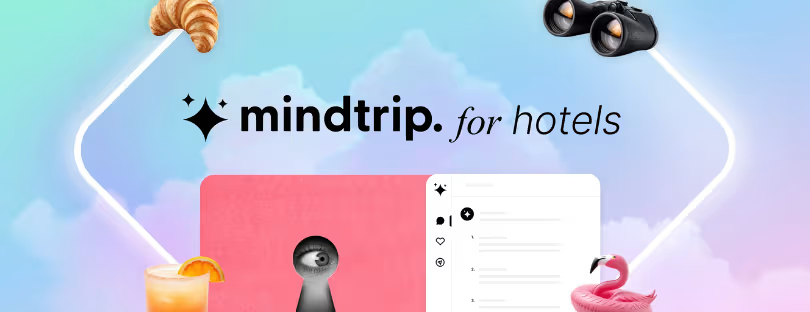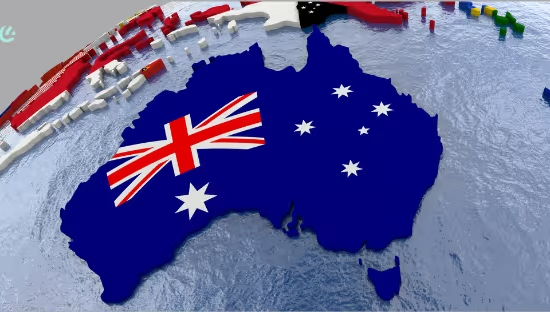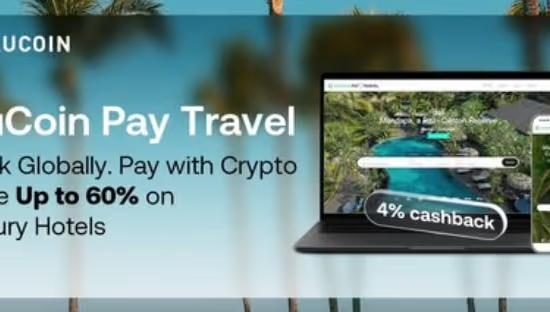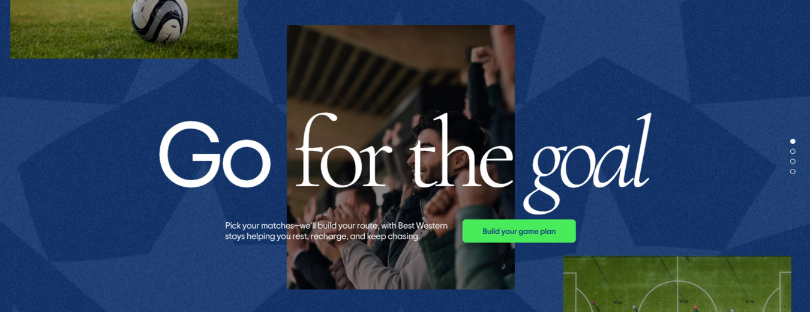
Mindtrip Rolls Out AI Personalisation Suite to Help Hotels Turn Content Into Bookable Experiences
San Francisco–based AI travel startup Mindtrip has launched a new B2B suite designed to help hotels transform their own inspirational content into fully personalised trip plans—and keep guests engaged long before check-in.
The new product, called Mindtrip for Hotels, promises to take everything properties already publish online (guides, blogs, itineraries, videos, neighbourhood tips) and turn it into actionable, bookable recommendations powered by conversational AI. Guests can ask about anything from nearby dining to upcoming events, or even details about the hotel itself, and receive tailored answers instantly.
Turning inspiration into pre-stay personalisation
Mindtrip’s pitch is straightforward: hotels produce a ton of content, but very little of it actually converts. Travelers browse beautiful destination videos or hotel blogs, but they rarely translate into bookings or on-property spending.
Mindtrip wants to change that.
According to co-founder and CEO Andy Moss, the goal is to help hotels deliver smart, instant recommendations at the moments when travelers are looking for them — even during late-night browsing sessions when no staff is available.
“Travelers want recommendations before booking and during off hours, and hotels are not always set up to do that,” Moss says. Mindtrip’s tools make a hotel’s entire content ecosystem “actionable and bookable at any time of day,” while also freeing up staff to add human touches where they matter most.
This is particularly relevant for smaller teams, where one front-desk agent might be juggling check-ins, concierge requests, and guest messages at the same time.
How hotels deploy Mindtrip’s AI tools
Implementation is intentionally light: hotels can drop Mindtrip’s code snippets directly into existing websites or choose from pre-built templates.
Once active, guests can:
- Ask real-time questions about the hotel
- Browse personalised suggestions for things to do
- Discover nearby dining, attractions, and activities
- Receive recommendations that match their interests
- Book restaurant, spa, or experience reservations
Mindtrip’s system pulls from multiple sources—web content, PDFs, social media snippets, on-property guides — and restructures everything into a conversational interface that feels like a 24/7 concierge.
The platform also indexes photos, reviews, and local area information to help visitors build richer trip plans. Hotels can even create branded guides integrated into both the hotel website and Mindtrip’s wider consumer platform.
Magic Links turn social discovery into direct bookings
One of the more interesting components is Magic Links, a feature designed to convert travelers who find a hotel through TikTok clips, Instagram reels, newspaper articles, or broadcast features. With one click, the link on the hotel’s website generates a personalised trip plan based on whatever content the traveler was looking at.
This pushes hotels closer to a true “discovery-to-booking” funnel—something OTAs have mastered for years, but hotels have generally struggled to replicate on their own channels.
Mindtrip also allows hotels to set geographic boundaries and prioritise local partners in recommendations, strengthening relationships with nearby restaurants, tour operators, and activity providers.
To extend usability on-site and in-room, hotels can distribute QR codes or short links via email, SMS, or guest apps, giving travelers continuous access to personalised planning tools throughout their stay.
Early adopters look for concierge-level impact
Boutique properties, especially those with small marketing or concierge teams, are already interested.
“As a small hospitality team, we needed an AI partner that was both powerful and practical,” says Leslie Inlow, Director of Marketing at The Landsby. She notes that the system “goes far beyond a chatbot,” helping the hotel deliver concierge-level trip planning on its website while reducing front-desk volume.
Hotels also get a centralised dashboard that tracks guest questions, itinerary saves, email opt-ins, partner referrals, and chat history — giving marketing teams new data streams and, potentially, higher-quality leads.
Conclusion: Mindtrip enters a fast-heating race for AI-led hotel personalisation
Mindtrip is stepping into a market that’s accelerating fast. Major players like TripAI, HiJiffy, The Hotels Network, and Fora’s AI itinerary tools have already shown how hungry both travelers and hoteliers are for automated personalisation. Marriott and Accor have begun piloting AI concierges internally, while Hyatt is testing AI-powered recommendation engines across select markets (Skift, 2024; PhocusWire, 2025).
What Mindtrip brings to the table is a tighter focus on content activation—turning a hotel’s existing blogs, videos, and neighbourhood insights into a monetisable, bookable layer. That’s a gap many competitors still leave open, relying instead on generic city databases or third-party inventory.
The broader trend is clear: hotels want to own more of the pre-stay journey and reduce dependency on OTAs. AI-powered trip planning is becoming the next major battleground for direct bookings, and Mindtrip’s approach—conversational, brand-integrated, and designed around local partners—gives it a compelling position in the space.
For hotels trying to deliver the boutique-style concierge experience without growing staff numbers, tools like this aren’t just convenient—they’re becoming essential infrastructure for modern hospitality.









